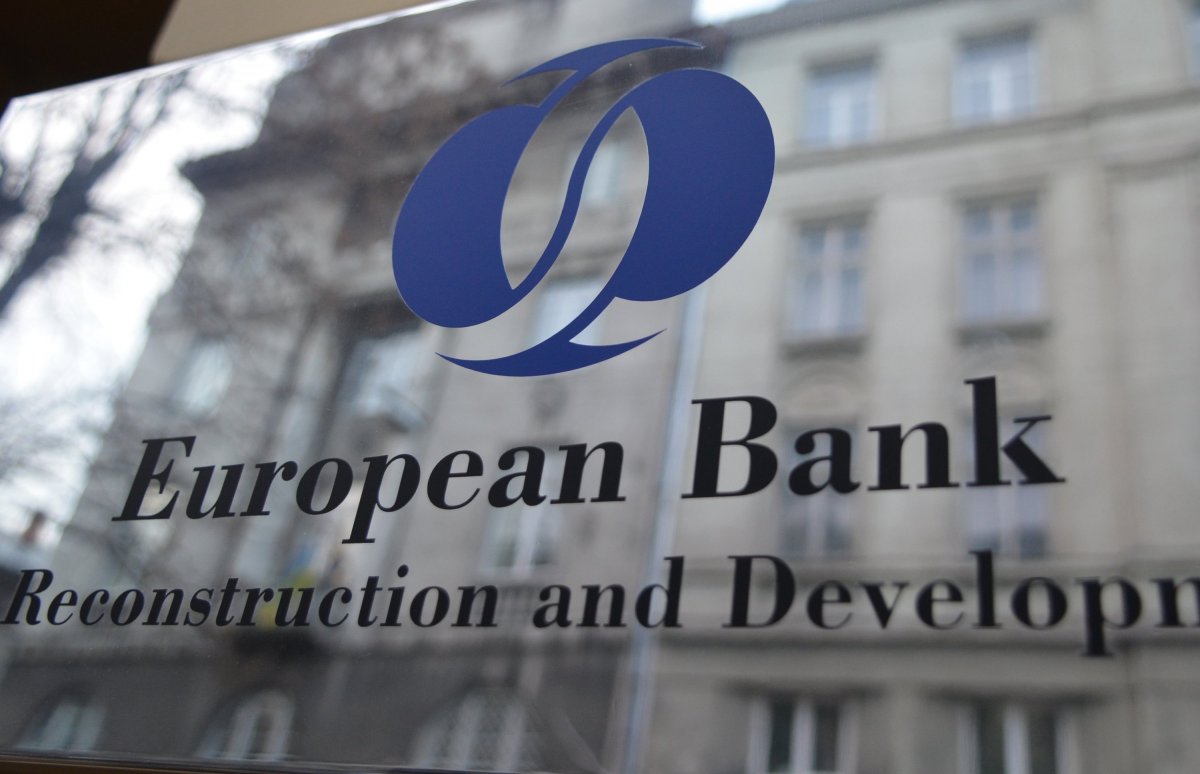The Greek economy appears to be well on course to recovery as the conclusion of its bailout agreement looms in 2018.
According to a report by the European Bank for Reconstruction and Development (EBRD), the Greek economy has seen modest growth and declining unemployment in 2017, while Greek GDP will grow by 2 percent this year and 2.2 percent in 2018. The forecast is unchanged since the Bank’s last estimates published last May.
The report points out that the Greek economy returned to growth in the first half of 2017, following progress in the implementation of an agreed reform program and increased confidence in the country. Growth stood at 0.6 percent in the first half of 2017, boosted by improved industrial performance and exports.
EBRD analysts “expect to see a pick-up in growth in the second half of the year, boosted by another record year for tourism”.
However, citing risks, the report mentions that “the economy is still in a difficult position, with current levels of investment well below depreciation, implying a constant deterioration of the capital stock”.
Additionally, according to the EBRD, “further short-term austerity measures are in the pipeline, including tax rises and pension cuts, and the primary fiscal surplus is still targeted at 3.5 per cent of GDP in 2018”.
Earlier this week, a report by the independent Hellenic Parliament’s Budget Office warned that high taxation being imposed could put economic recovery in danger.
“The tax policy implemented in recent years, based on the increase in taxation, is hampering growth in the country. The continuation of the tax-centered policy increases the economy’s suffocation, while on a practical level a large part of the taxes are not collected.”
The report further notes that “the distribution of the tax burden among citizens is not balanced, with a large section of taxpayers paying minimum taxes – which highlights the high rate of tax evasion and the high rate of poverty – and relatively high incomes being taxed excessively, creating counter-incentives for labor”.
Source: balkaneu.com
Ask me anything
Explore related questions





